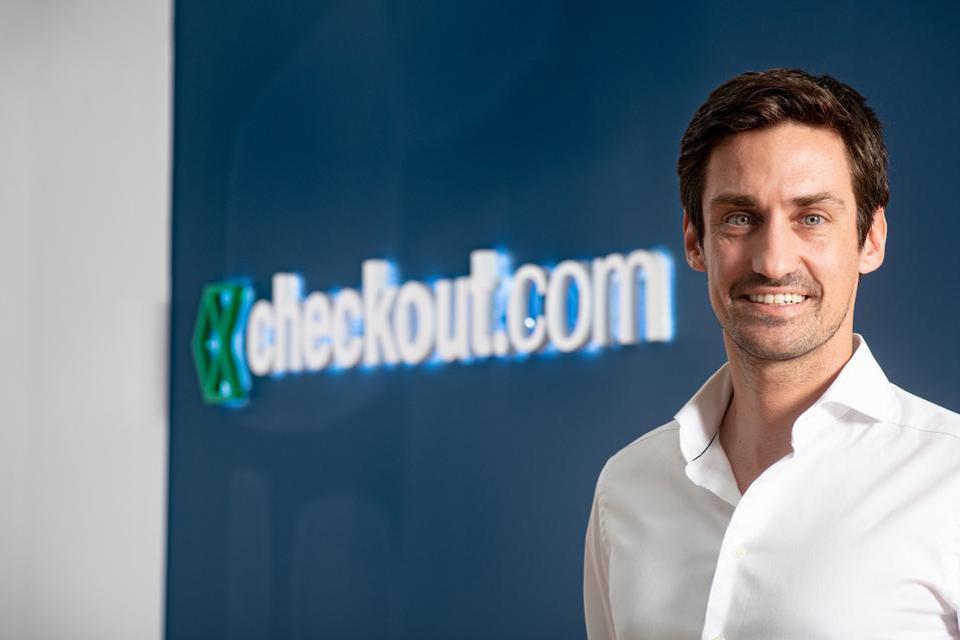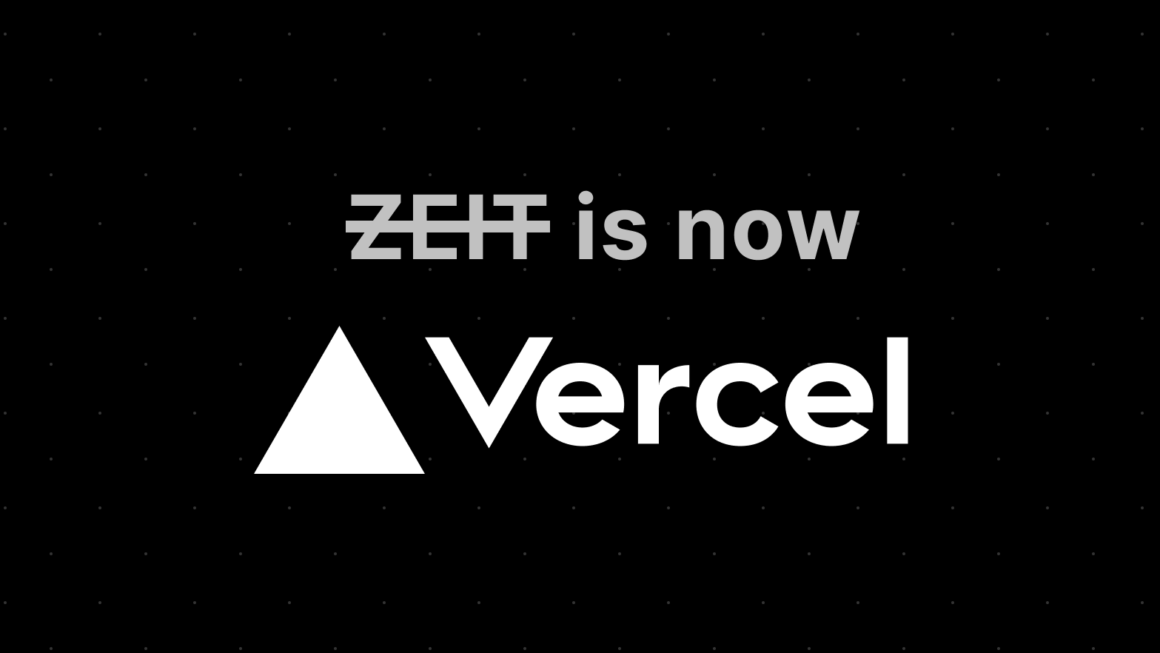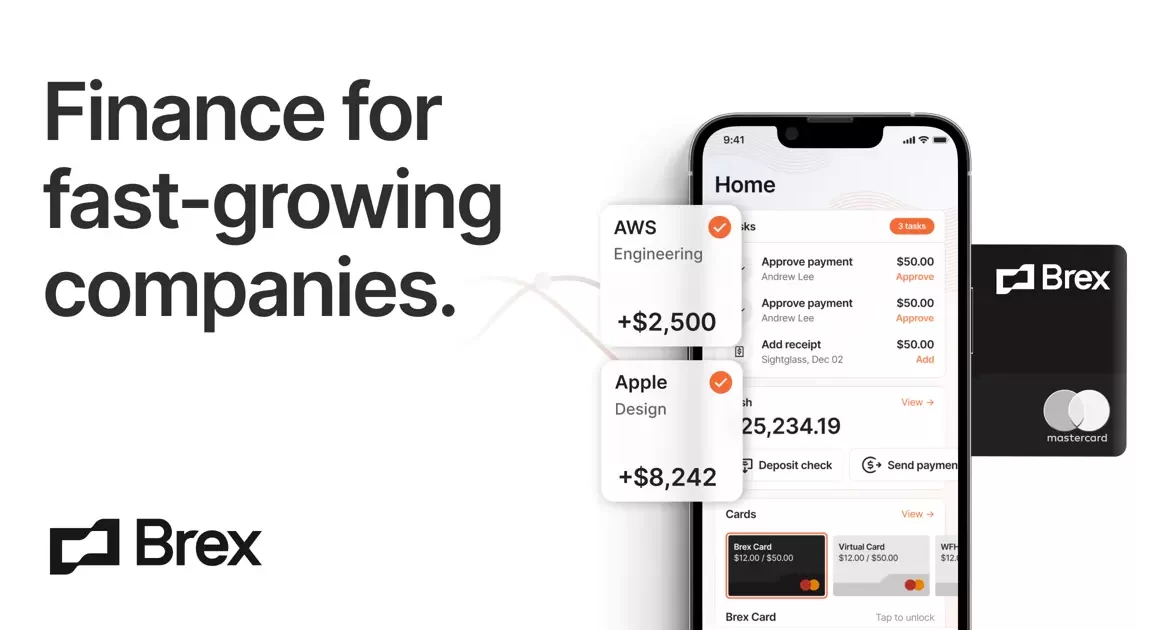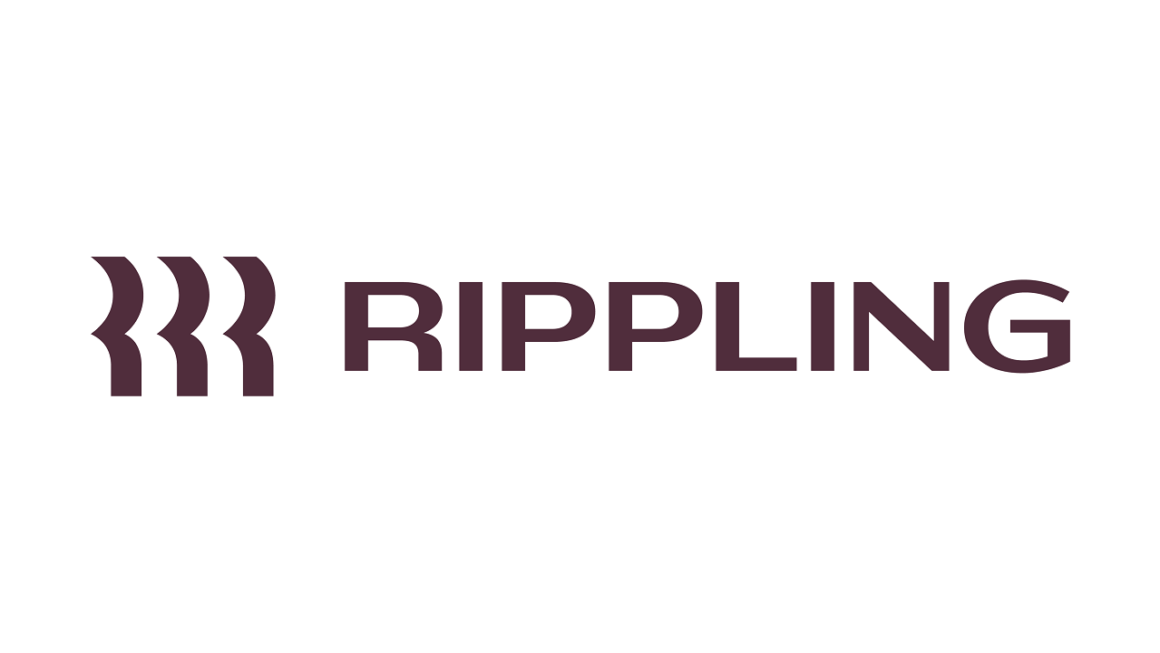Checkout.com is a London-based online payment transaction and payment gateway startup. It specializes in the creation of technology that allows businesses to execute and manage all of their online transactions from a single platform.
Checkout.com simply connects buyers, companies, and online payment systems so that payments are completed fast and potential fraud is caught as soon as feasible. Checkout.com encrypts and validates the buyer’s payment method, whether it’s a credit card or a digital wallet, as they make their purchase.
When the verification procedure is finished, the transaction will be accepted, and the business will receive money within a few hours. Although the business will not get the cash right away, the full process of checking and approving the payment is completed in seconds.
The UK finance startup accepts dozens of online payment options that are popular in over 150 countries. Major debit/credit cards such as Visa, Mastercard, Discover, and American Express are among these payment options, as are online payment systems such as Paypal and SoFort, and digital wallets such as Apple Pay, Google Pay, and Alipay, among many more.
E-commerce enterprises can interact with their consumers anywhere in the world thanks to Checkout.com’s worldwide coverage, resulting in increased conversion and, ultimately, higher income.
The unified API platform at Checkout.com not only significantly speeds up the transaction process, but it also allows users to collect and analyze financial data. Checkout.com functions similarly to accounting software in that business owners may access real-time payments and payment fees, allowing them to easily balance financial systems and produce more efficient reports.
While working at a payment company, Founder and CEO Guillaume Pousaz recognized Checkout.com’s enormous potential. Pousaz founded the startup at an ideal time, with online transactions surging and the global e-commerce sector expected to grow by 14% by 2027.
Checkout.com is rapidly expanding. Apart from having clients such as Adidas, Getty Images, Samsung, and TransferWise, it has also raised $380 million in two years. The most recent investment raised the company’s valuation to $5.5 billion. Few start-ups acquire that kind of valuation in less than ten years of operation. The enormous valuation has spurred speculation of a Checkout.com stock, which Pousaz is already thinking about.
Checkout.com is located in Fitzrovia, London, and has offices in ten countries, including the United States, France, Singapore, and Saudi Arabia. The company now employs around 1,000 people.
History of Checkout.com / Origins of Checkout.com
Guillaume Pousaz moved to California in 2006 and began working at International Payments Consultants (IPC). This is where he got the notion to launch Checkout.com.
Pousaz came to Singapore after leaving IPC in 2007 to establish his own firm. Pousaz established Opus Payments, a platform that allows Hong Kong businesses to accept payments from buyers all around the world. After some difficulties, Opus reached an agreement with the Chinese website Dealextreme. The transaction would be a watershed moment for Pousaz.
Checkout.com evolved from Opus, and the site was formally launched in 2012. Pousaz entered China’s expanding online payments business right away, working with Alipay and WeChat.
Checkout.com became a main member of Visa, Mastercard, Union Pay, Diner, Discover, and JCB between 2013 and 2017. In 2017, the firm was approved as an Electronic Money Institution (EMI) in the United Kingdom and expanded its operations to the United States. Chris Perry, an online payments specialist and former Worldpay executive, has been appointed to head operations in North America.
Checkout.com raised $230 million in a European Series A investment round in 2019. In addition, the firm has grown to more than 200 employees working in eight offices throughout the world.
Checkout.com acquired fintech businesses ProcessOut and Pin Payments in 2020, as well as raising $150 million in Series B investment. The financing raised the company’s capitalization to $5.5 billion, making Checkout.com a unicorn.
About the Founder of Checkout.com
Guillaume Pousaz was born and brought up in Switzerland. He graduated from the Ecole Polytechnique Fédérale De Lausanne with a degree in Mathematics Engineering and afterwards studied Economics at HEC Lausanne. Pousaz chose to leave university after failing his finals and go to the United States to pursue a new job.
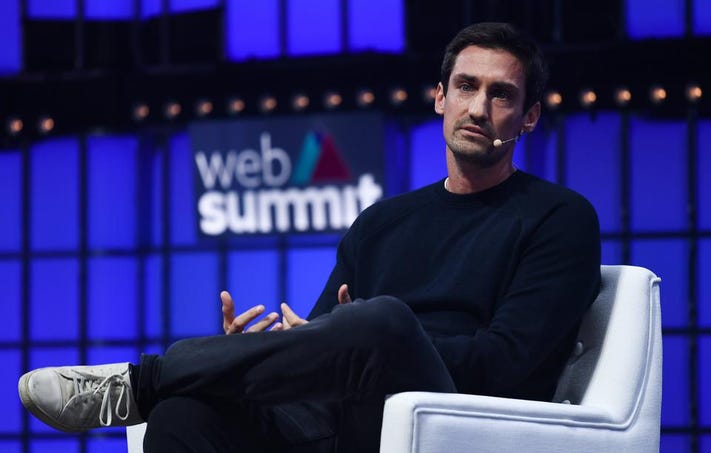
Pousaz, like other billionaires before him, is a college dropout motivated to make his mark on the world. Despite spending much of his time surfing at prominent California beaches and working hard hours at a computer startup, the experience would serve as the eventual launch pad for Checkout.com’s success story.
Business Model of Checkout.com
Checkout.com is a newcomer to the payment gateway industry. Checkout.com caters to a broader spectrum of businesses, from small to large, and bills itself as a comprehensive payment processing platform with international coverage and customisable solutions.
- Merchant Experience – Checkout.com makes every effort to make its solution as configurable as possible so that merchants may use it as an infrastructure partner for their products. Their integrations, however, are more restricted, with just 50+ partners.
- Cross-Border Payments – Checkout.com accepts payments in approximately 50 countries and accepts most major payment methods, including cards, digital wallets, and local payment methods. Their primary markets include Europe, Asia Pacific, and the Middle East.
- Pricing – Pricing at Checkout.com varies depending on your business type and risk profile.
Revenue of Checkout.com
Checkout.com, unlike other finance startups that struggle to make a profit at first, is already a profitable company.
It generated $74.8 million in revenue and $2.3 million in profit in 2018. Revenue increased by 60% over 2017.
Strong sales and aggressive investor fundraising enhanced Checkout.com’s $40 billion valuation.
Funding of Checkout.com
Insight Partners and DST Global led a $230 million Series A investment round for the startup in 2019. By June 2020, the company’s valuation had risen to $40 billion following new fundraising rounds. Checkout.com purchased Australian startup Pin Payments in May 2020, allowing it to grow into the Australian and New Zealand markets.
The funds will be used to invest in Web3 apps, according to the business. Checkout.com announced in May 2022 that it will acquire the French firm Ubble, which provides a remote identity verification service.
Competition of Checkout.com
There are other online payment providers that provide services similar to Checkout.com. Stripe and Square, however, are two main Checkout.com competitors in terms of market share.
Stripe and Square, like Checkout.com, process non-cash payments and integrate every transaction in a single platform. Both take major credit cards (Visa, Mastercard, and American Express), as well as mobile wallet payments. Stripe has an edge over Square when it comes to localized payments that are only available in particular regions. In comparison, Square is only accessible in the United States, the United Kingdom, Canada, Japan, and Australia.
Both facilitate the setup of payment choices and the tracking of real-time financial data for e-commerce firms. Although no coding is necessary, these platforms allow users to implement particular features using code, which is very useful if the business requires specialized online payment requirements. Stripe and Square both support business plug-in connectors and website embedding. Square has bought website builder Weebly to assist company owners in creating online storefronts that already have simple and secure payment solutions.
To understand Stripe in detail, read: Stripe – Success Story, Business Model, Revenue, Growth & Funding
Checkout.com’s main competition in the European market is Adyen. The Dutch payment business, which was launched in 2006, has received a European banking license. Its internet payment infrastructure links credit card and bank-based payments to thousands of companies all over the world. And, like Stripe, it offers credit cards to retailers.
Although Paypal is compatible with Checkout.com, it is an indirect rival. The first and largest online payment system in the world is available in 200 countries and can handle practically every type of online payment transaction, including money transfers and money orders.
Future of Checkout.com
Checkout.com’s future trajectory will be heavily influenced by the global e-commerce sector. Checkout.com has nowhere to go but up, with e-commerce forecast to expand by 14% over the next four years.
